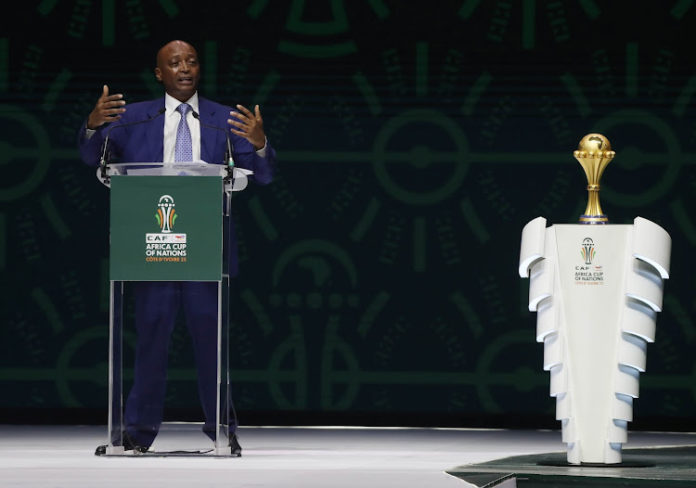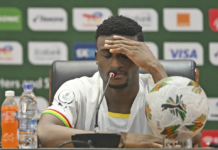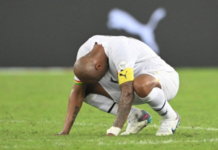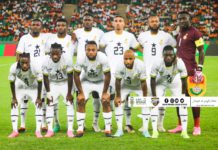
An increase in prize money has contributed to the success of lower-ranked teams at the ongoing 2023 Africa Cup of Nations, according to the president of the Confederation of African Football (Caf).
Patrice Motsepe was speaking ahead of the quarter-finals, which got underway in Ivory Coast on Friday.
A number of pre-tournament favourites suffered early exits including holders Senegal, the 2022 World Cup semi-finalists Morocco and former winners Egypt and Algeria.
On the eve of the Nations Cup, Caf announced that the overall winners will pick up $7m (£5.5m) in prize money – a 40% increase on the last Afcon.
“Many of the players [at Afcon] don’t earn the same money, and I have learned over the last 20 years, if you increase the money that goes into the pockets of the players, and tell them ‘We have increased the prize money’ it inspires them immensely,” Motsepe told BBC Sport Africa.
“There’s also more money going to academies into football development and some of the results of the investments we can see now but we will see many in future. So the future looks bright.”
A number of so-called “smaller” nations produced shock results in Ivory Coast including Namibia who beat Tunisia, Mozambique whose comeback draw led to Ghana’s departure and Equatorial Guinea who stunned the hosts 4-0 in the group phase.
Of the eight quarter-finalists, only four have won the Africa Cup of Nations before, with this tournament producing 105 goals from the 44 games – an Afcon record.
African football ‘must be respected’
Motsepe is proud that this Nations Cup has been so thrilling to watch.
“For all of the nations in Africa, the quality of football has increased enormously,” Motsepe said.
“We need to get the spectators to enjoy watching our football. It’s got to be appealing, it’s got to be attractive, it’s got to be exciting – because then it has a commercial value.
“And we can use some of that commercial value to pay our players and our technical teams and the coaches and the administrators.
“I must just say I’m proud, and I don’t know who’s going to win. I can tell you the 54 nations in Africa have each been a winner.”
Aside from the entertaining football in Ivory Coast, much praise has also been levelled on the high standard of refereeing – with Motespe acknowledging the boost it gives to the reputation of African football.
“The quality of our referees, the quality of our match commissioners, the quality of our linesman and the quality of our VAR (Video Assistant Referee) has been world class.
“And the integrity, the independence, and the African referees – we are confident – are as good as the best in the world.
“One of our important aims is that African football must be recognised and be respected because of what we do on the field of play to be as good as the best in the world.
“There’s still a lot of work to be done. But at the end of the day, we are all judged by our results.
“When an African nation is champion of the world, then we will get the acknowledgement we deserve.”







